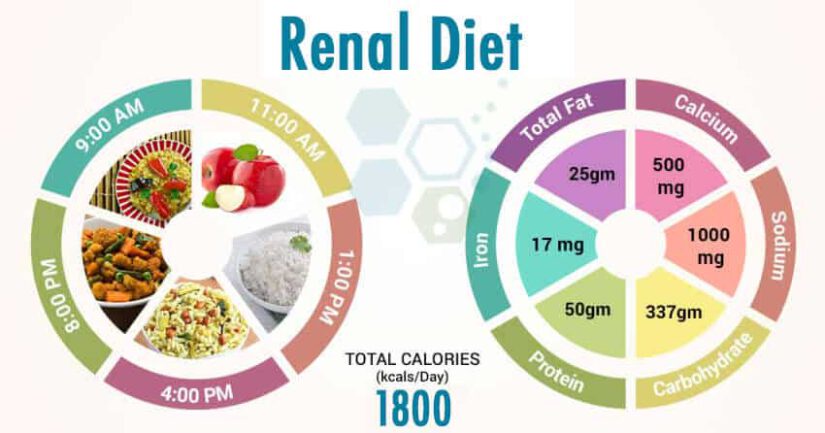Introduction:
Renal disorders pose significant challenges to individuals, affecting their quality of life and overall well-being. While medical intervention plays a crucial role, dietary management is equally important in alleviating symptoms and promoting renal health. In this article, we delve into the importance of diet in navigating renal disorders, shedding light on effective strategies and the role of expert guidance from dietitians.
Understanding Renal Disorders:
Renal disorders encompass a range of conditions affecting the kidneys, including chronic kidney disease (CKD), kidney stones, and renal failure. These conditions can lead to various complications, such as electrolyte imbalances, fluid retention, and impaired kidney function. Managing these disorders requires a multifaceted approach, with diet playing a pivotal role in symptom management and disease progression.
The Role of Diet in Renal Health:
A well-planned diet tailored to individual needs can help mitigate the progression of renal disorders and alleviate associated symptoms. Key dietary considerations include controlling sodium intake to manage blood pressure, limiting phosphorus and potassium to prevent mineral imbalances, and moderating protein consumption to reduce kidney workload. Additionally, maintaining adequate hydration and incorporating nutrient-rich foods can support overall renal health.
Expert Guidance from Dietitians:
In navigating the complexities of renal disorders, seeking guidance from qualified dietitians is paramount. Dietitians specializing in renal nutrition possess the expertise to develop personalized dietary plans tailored to each patient’s unique needs and medical history. They can educate patients on optimal food choices, portion control, and meal planning strategies to optimize renal function and overall health.
Integration with Weight Management:
For individuals with renal disorders, managing weight and addressing obesity can significantly impact disease management and outcomes. Incorporating weight management strategies alongside renal-specific dietary interventions can enhance overall health and reduce the risk of complications. Weight loss clinics in Delhi, staffed with experienced professionals, offer comprehensive programs that combine dietary guidance, physical activity recommendations, and behavioral support to facilitate sustainable weight loss and improve renal health.
The Importance of Multidisciplinary Care:
Managing renal disorders requires a collaborative approach involving healthcare professionals from various disciplines, including nephrologists, dietitians, and other specialists. By working together, these experts can develop holistic treatment plans that address the diverse needs of patients, optimize symptom management, and improve overall quality of life.
Conclusion:
In conclusion, diet plays a crucial role in managing renal disorders and promoting kidney health. By adopting a balanced and individualized approach to nutrition, individuals can mitigate symptoms, slow disease progression, and improve their overall well-being. With the guidance of qualified dietitians and integrated care from multidisciplinary teams, patients can navigate renal disorders more effectively and lead healthier lives.
